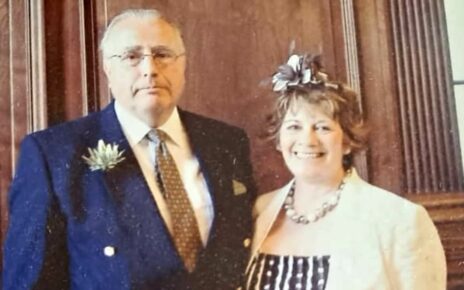Young lawyers refuse to work for ‘unethical’ clients even if they pay more money, survey finds
- Lawyers say they want to be able to decline work if it clashes with their beliefs
Young lawyers are refusing to work for clients they see as ‘unethical’ even if they pay more money, a new survey has found.
Almost two-thirds of junior lawyers believe they should be allowed to refuse work that clashes with their personal beliefs, the research from legal firm Obelisk Support reveals.
Nearly 75 per cent wouldn’t join a firm whose values didn’t match their own while 86 per cent say they are looking to effect positive change through their legal work.
Issues like sustainability, climate change, diversity and ‘purpose’ are more important than profit for the next generation of lawyers, they claim.
The report also found that young lawyers believe cultural change in the law is being held back by older partners resentful at the thought of the next generation having it easier than they did.
Almost two-thirds of junior lawyers believe they should be allowed to refuse work that clashes with their personal beliefs, the research from legal firm Obelisk Support reveals (Stock Image)
Just 18 per cent of participants said that their current employer allows them to decline work on ethical grounds and only 58 per cent are working at a firm whose values match their own (Stock Image)
Just 18 per cent of participants said that their current employer allows them to decline work on ethical grounds and only 58 per cent are working at a firm whose values match their own.
Participants expressed frustration at the slow pace of cultural change, adding that it could not wait until they were in leadership positions before these changes are made.
Dana Denis-Smith, chief executive of Obelisk, said: ‘The next generation of lawyers is expecting the legal profession to shift to a business model that prioritises sustainability beyond profitability.’ The report, which surveyed 72 young lawyers from a range of legal firms as well as in-house, says its findings mean law firms must consider ‘which clients they are prepared to act for’.
As part of its research, Obelisk conducted a roundtable of legal leaders. One of those taking part, Grace Kendrick, an associate at firm CMS, said it was important for young lawyers to know their personal limits.
She said: ‘Especially working in a big City firm, there are other people who could step up and do that work if you genuinely don’t feel comfortable doing it and your firm should want you to do the best you can.’ Ms Kendrick said that she knows a lifelong vegan at another firm who was allowed to refuse to work for a fishing company, for example.
She added: ‘We talk about these things because we know it’s important, and the more you talk about it and share your experience, it can inspire those behind you and it can help them to break the barriers too, making a much more diverse workplace.’
Another unnamed associate lawyer told the roundtable: ‘There is something among the older generation where, either consciously or sub-consciously, they think ‘I worked bloody hard to get into this profession and no one cared about my mental health. I worked long hours. Why should the younger generation get away with a nicer culture?’ Perhaps there is a bit of resentment there.’
Source: Read Full Article




